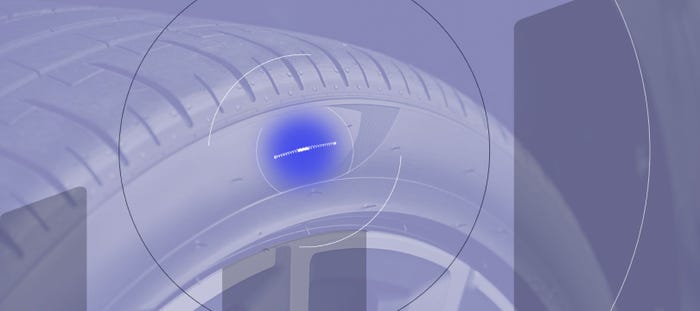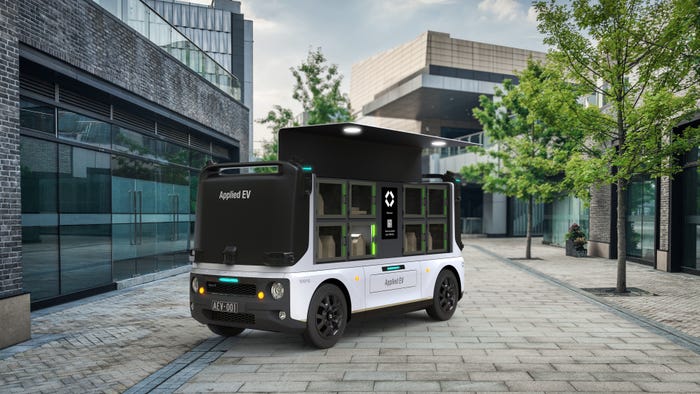Automaker Plans Driverless Bus, Ditches Self-Driving Cars
Renault Group will team with WeRide to launch an autonomous shuttle at the French Open

One of Europe’s biggest automakers is testing a new self-driving bus at one of the world’s greatest sporting events.
France’s Renault Group – which includes the Renault, Dacia and Alpine brands – is teaming up with China’s WeRide to showcase an autonomous shuttle later this month.
The move comes as the group rethinks its strategy on autonomous vehicles (AVs), choosing to focus on public transit solutions while calling a halt to the development of advanced automated functionality for passenger cars.
The new shuttle is set to take center stage alongside world-renowned tennis stars Novak Djokovic and Iga Swiatek at the French Open at Roland-Garros in Paris, which stretches from late May into early June.
The group says it has developed an electrified, robotized platform for a “miniBus” that will be based on its new Master van and is able to host “various automation solutions from specialist partners.”
The AV that will be demonstrated at Roland-Garros will feature tech from WeRide, the Guangzhou-based company that has made headway both in its home market and in the Middle East with its self-driving vehicles.
Other “specialist partners” that the group has worked with include France’s EasyMile and Milla, and their tech will also be compatible with the new miniBus.
The group says it has been conducting trials for several years on how to best serve local authorities with automated transit products, and that its autonomous miniBus “will be able to operate 24/7 in complete safety and will be a zero-emission alternative or an efficient complement to existing solutions” such as trains, trams or buses.
Fleets of miniBuses would be operated remotely.
During the Paris demo, the miniBus will take passengers from the P2 car park (located on the outskirts of Bois-de-Boulogne) to the Roland-Garros stadium and back again.
However, as the group was making clear its autonomous ambitions in the sphere of public transit, it also admitted that it is unprepared to continue the development of high-level automated functionality for individual passenger cars.
A statement explained: “Renault Group already offers top-level driving assistance on most of its models, providing comfort and safety. Further automation of some functions, with the aim of achieving complete vehicle autonomy, seems unlikely for the time being, given current regulations, customer expectations and the cost of the complex technology involved.”
The group is focusing on Level 2 or Level 2+ driver assistance tech, as defined by the Society of Automotive Engineers, and has no intention of going beyond that for the time being.
The statement continued: “There is a significant technological complexity gap between Level 2 automation and Level 3 autonomy because the vehicle must be able to operate safely in complex environments with limited driver supervision.
“At this stage, the induced cost to be borne by customers, in relation to the driving benefits, would make demand insufficient or even anecdotal.”
There is very little in the way of Level 3 tech currently available on passenger cars that can be bought by the public. Mercedes has led the way with its ‘hands off, eyes off’ Drive Pilot solution available on selected, high-end models in Germany, plus California and Nevada in the U.S.
About the Author
You May Also Like








